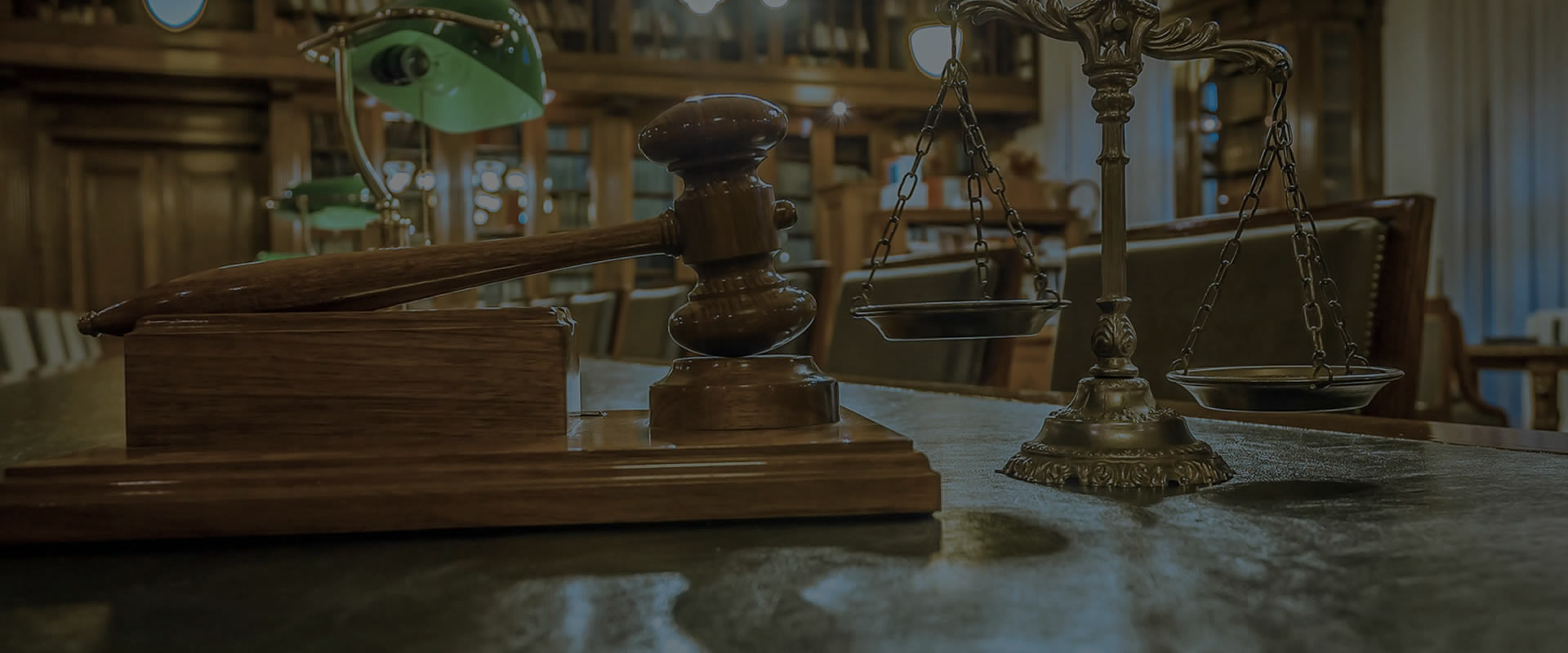DEPOSIT ACCOUNT FRAUD – FORGERY – FINANCIAL IDENTITY FRAUD
In these tough economic times, some folks have acted in desperation, writing checks for goods and services either hoping there will be enough money to cover the check, or worse, knowing there is not enough money in their accounts to cover the checks. Most don’t realize that writing a bad check is a criminal offense, and that more and more businesses receiving those bad checks are pursuing criminal warrants. Unlike violent crime (e.g. armed robbery, aggravated battery), “paper crimes” are often viewed as less serious offenses. Nonetheless, prosecutors are recommending, and judges are handing out, steep penalties, including substantial jail time for individuals convicted of paper crimes. Often times the severity of the sentence depends on: (1) the criminal offense at issue; (2) the number of prior convictions for paper crimes; and (3) the amount of money involved.
First, there are a number of different “paper crimes,” including:
(1) Identity Fraud (O.C.G.A. § 16-9-121(a)) is defined as willfully and fraudulently (1) without authorization or consent, using or possessing with intent to fraudulently use, identifying info concerning a person; (2) using identifying info of an individual under 18 over whom the accused exercises custodial authority; (3) using or possessing with intent to fraudulently use identifying info of a deceased individual; (4) creating, using, or possessing with intent to fraudulently use any counterfeit or fictitious identifying info concerning a fictitious person; or (5) creating, using, or possessing with intent to fraudulently use any counterfeit or fictitious identifying info concerning a real person.
(2) Forgery (O.C.G.A. § 16-9-1(b)) is defined as knowingly making, altering or possessing any writing, with an intent to defraud, in a fictitious name, or in such a manner that the writing as made or altered purports to have been made by another person, at another time, with different provisions, or by authority of one who did not give such authority AND uttering or delivering such writing.
(3) Deposit Account Fraud (O.C.G.A. § 16-9-20) involves making, drawing, uttering, executing or delivering an instrument (typically a check) for the payment of money on any bank or other depository in exchange for a present consideration or wages, knowing it will not be honored by drawee (bank on which it is drawn).
(4) Financial Transaction Card Theft (O.C.G.A. § 16-9-31(a)) involves taking, obtaining or withholding financial transaction card (FTC) (either a credit or debit card) from the person, possession, custody or control of another without the cardholder’s consent; OR with knowledge that it has been so taken, obtained or withheld, receiving the FTC with intent to use, sell, or transfer it to another.
Second, prosecutor and judges look at prior convictions for paper crimes, which may indicate that the person intends to continue in a life of crime. Financial identity crimes have become particularly troublesome to defend, because prosecutors and judges have learned that it takes years for a victim to rectify her credit after her identity has been compromised. If the accused is facing a second identity fraud case, where the punishment is 3-15 years and a possible $ 250,000 fine, there will most certainly be jail time associated with the sentence.
Third, the prosecutors and judges examine the total amount taken, stolen or removed in the commission of paper crimes, which may reflect or reveal: (1) an extended period of thefts; (2) an elaborate scheme of hiding thefts or covering tracks; and/or (3) that a lengthy period of probation time is needed to repay money. Clearly, a one-time desperation theft is substantially different from a theft that goes on for more than three years, even if the amount taken is exactly the same. It is harder to claim the accused exhibited bad judgment over the course of three years.
The gist of all “paper crimes” is theft, a taking. The only difference is how the accused commits the theft. With identity fraud (many times referred to as financial identity fraud), someone else’s name, date of birth, social security number and/or credit score are stolen in order that the accused can procure goods and services without paying for the goods and services. With forgery, the accused present a document, usually a check, which has been altered or created for the purpose of defrauding the person providing money, goods or services. With deposit account fraud, the check is legitimate, but there are insufficient funds in the accused’s account, and the accused cannot rectify the situation in the near future.
If you are accused of a paper crime, you need to contact our office immediately, in order to schedule an appointment. If you received some money or benefit, our first and foremost goal will be to try and get the charges dismissed, especially if you can repay the money taken. If you have been falsely accused, then we will gather evidence to establish your innocence.
Please find attached a list of other clients we have helped. See more under Recent Trials.
CASE: State of Georgia v. Warren O`Neil Clarke (10SC087303)
RESULT: (February, 2010) Three day jury trial on three counts of first degree forgery resulted in directed verdicts on counts two and three (not enough evidence to even go to the jury for its consideration), and NOT GUILTY on count one.
FACTS: Client accused of using forged checks to pay for car parts at a local dealership. Client supposedly used a fake New York driver`s license when he presented forged checks. The prosecutor had no witness to testify about New York driver`s license and not witness to testify about presentment of second check. So, two of the three forgery counts never reached the jury. As to count one, the jury deliberated five hours and decided NOT GUILTY.
BEST PART OF THE CASE: First, my request for a continuance the Thursday before trial was denied. Therefore, the case was tried four days after I came into the case. Second, the prosecutor somehow stumbled through a McCullough motion, and managed to get the first jury of seven blacks and five whites thrown out, only to try the case to a jury of eight whites and four blacks. Still NOT GUILTY.
CASE: State of Georgia v. Eric Butler (07B-3616-10
RESULT: (October, 2008) Three day jury trial on sole charge of deposit account fraud, resulted in a NOT GUILTY verdict.
FACTS: See RACISM under NEWS ARTICLES
If you have been charged with a paper crime and you would like to speak with a qualified criminal defense attorney, call an experienced paper
crime defense lawyer or attorney at Lawrence Lewis, P.C. today at (678) 407-9300.
Lawrence Lewis is a
Deposit Account Fraud Forgery attorney primarily practices in Gwinnett County, which includes the following cities: Auburn, Berkeley Lake, Braselton, Buford, Dacula, Duluth, Grayson, Lawrenceville, Lilburn, Loganville, Snellville, Sugar Hill and Suwanee. However, he frequently handles cases in Fulton County (Atlanta, Alpharetta, College Park, Decatur, East Point, Fairburn, Hapeville, Palmetto, Roswell, Union City), DeKalb County (Avondale Estates, Chamblee, Clarkston, Decatur, Doraville, Lithonia, Stone Mountain), Hall County (Gainesville), and Cobb County (Acworth, Kennesaw, Marietta, Powder Springs, Smyrna). He has also appeared in courthouses in Rockdale County (Conyers), Walton County (Loganville), Barrow County (Auburn, Winder), Forsyth County (Cumming), Cherokee County (Canton, Holly Springs, Woodstock), Douglas County (Douglasville), Butts County (Jackson), Henry County (McDonough, Stockbridge) and Clayton County.




